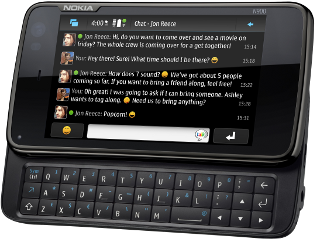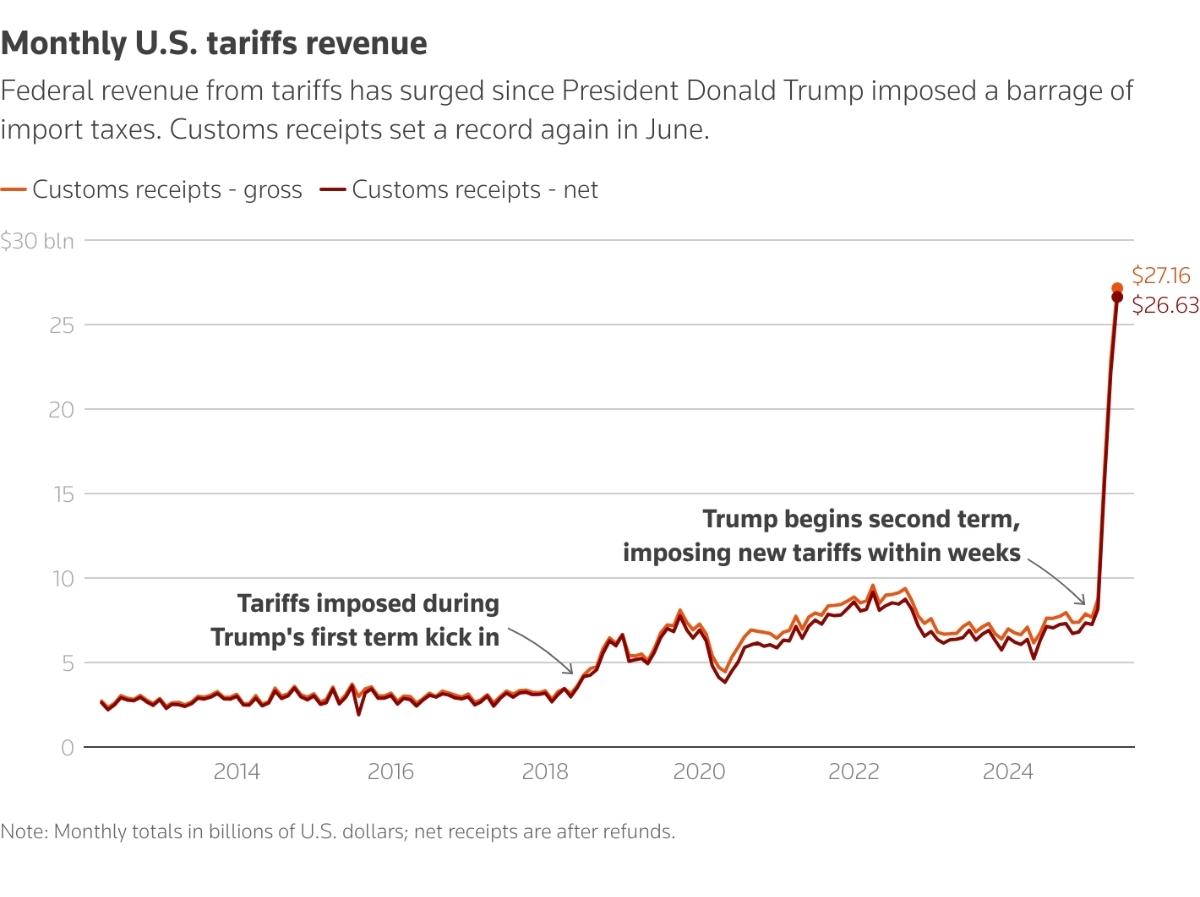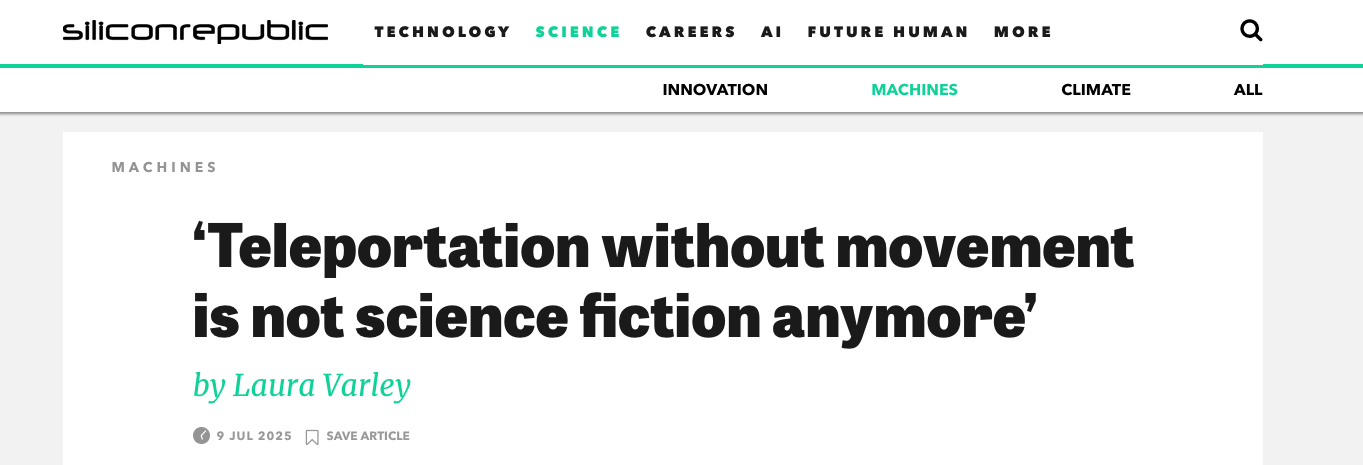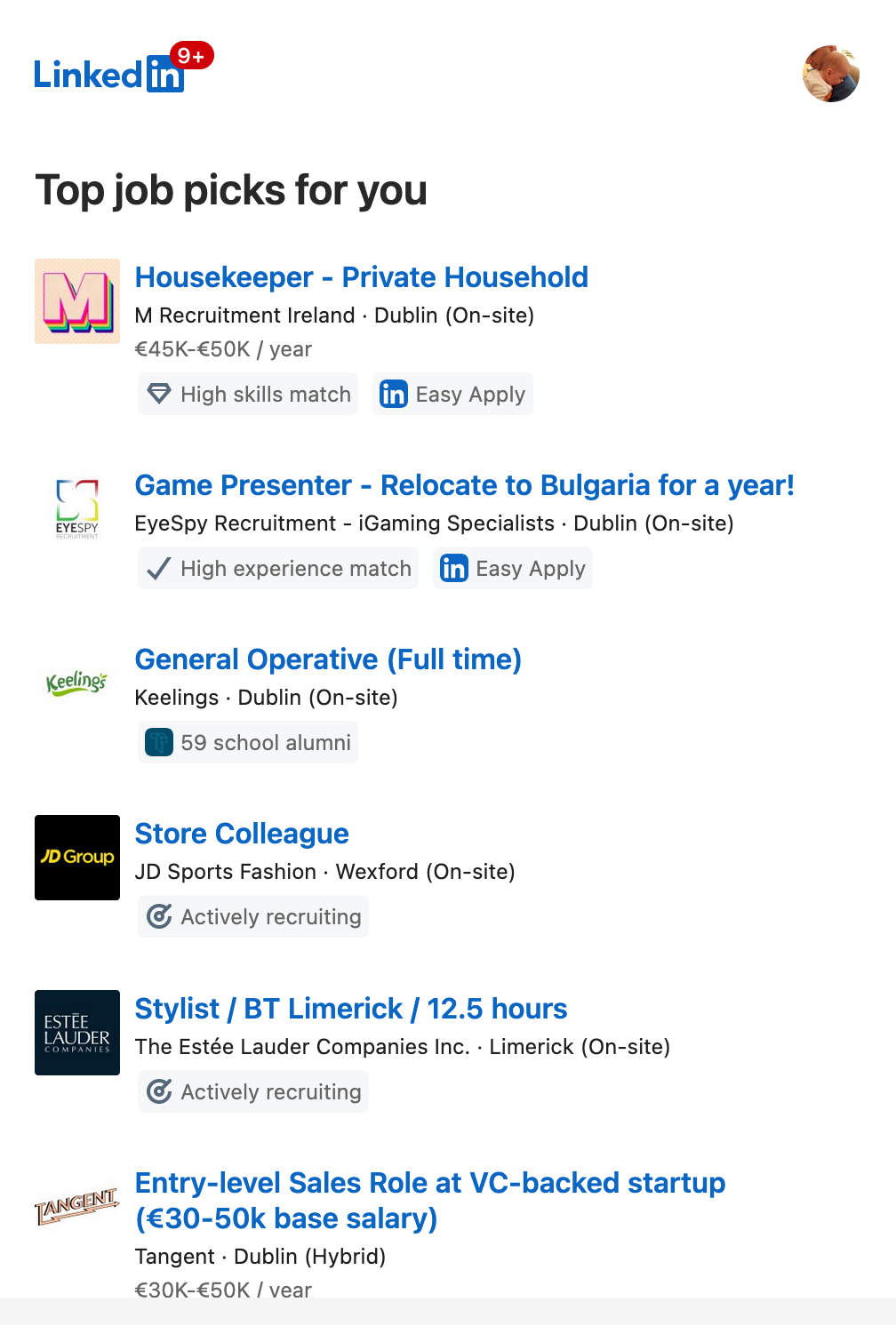 As I said before, with the trial N900 gone back to WOMWorld, I wanted to compare the Nokia N900 to its most obvious competitor, the iPhone, and the outcome was important enough to do in a seperate post. So here goes.
As I said before, with the trial N900 gone back to WOMWorld, I wanted to compare the Nokia N900 to its most obvious competitor, the iPhone, and the outcome was important enough to do in a seperate post. So here goes.
The thing is, the N900 is not just a phone, it’s more than that. Yes, every marketing department says that every time they bring out a new phone, but in a very few cases it’s actually been true. It was true about the first smartphone; it was true about the first iPhone; and it’s true about the N900. The first smartphone was the start of the smartphone market, the first iPhone was the start of the app store and marked the real birth of the mobile web; and the N900 is the first real convergent device and it marks the first time there’s been a real, compromise-free choice between a walled garden from Apple and an open platform. There are two reasons why this is true, and why the N900 is fundamentally better than the iPhone, and more importantly, why it will remain so, and they are:
- Convergence. Right now, you have several communications streams — email, twitter, facebook, IM, SMS, VoIP, voice, and more. Convergence is about handling all of those in a single device, all fully supported and fully integrated, and with the ability to both consume and create content. Nothing else on the market today can touch the N900 for this, including the iPhone. The N900 takes convergence as a design principle from the hardware level on up; the iPhone does not. And the iPhone is not likely to even try to compete with the N900 in this area because Steve Jobs does not want convergence. As Charles Stross pointed out recently, computing as we know it is just past a major tipping point that will see mobile computing change the field utterly. Whomever owns the the app store and the communications streams will own that market, and Steve Jobs realises that that ownership is key to Apple’s business model. Which takes us into the second point:
- Freedom. What the N900 does is to take existing communications streams (voice, VoIP, twitter, etc) and bring them all to you over one single device using open standards. The point of the N900 is to be a tool for you to use, whereas the point of the iPhone platforms is to be a tool to allow Apple to own the communications stream (ironically, that means that Nokia is now being more like Apple’s earlier days thanks to a change in philosophy at Apple that Slate recently noted). It’s a difference reflected in the nature of the two companies; Nokia makes communications devices to work on standardised networks owned by several other third parties; its products must interoperate with others well or it goes out of business. Apple, however, makes products that must not work well with other products or Apple’s business model won’t work and they go out of business. Got an iPod? How do you get music to it? Yup, iTunes. No drag-and-drop, no straightforward file transfer, you have to go via an Apple product, and not just some application they sell to you once, but an application they maintain ongoing involvement in via the app store and iTunes store. The iPhone platforms lock you in, while the N900 allows you the freedom to do whatever you want. The N900 is probably the closest thing to a phone that both Richard Stallman and Steve Wozniak would be happy to use as we are ever likely to see. It runs linux, you can code for it in a range of languages, there’s no wierd licencing deal going on, it plays with every existing communications stream out there; even in hardware, it uses industry-standard connectors for the headphones and microUSB ports and other subsystems. This phone is an object example in how to build a device that’s about giving the user a better tool to use; rather than building a better EULA to force the user to use your device; and it’s also an object lesson in why something that sounds as hippie-flower-power as ‘Freedom’ is actually a serious end-user issue.
In an Apple-v-Nokia comparison, the Nokia N900 kicks the iPhone’s backside. In design, the N900 does convergence far, far better. In ideology, the iPhone isn’t even playing the same game as the N900. In price, the N900 costs 25% less than the iPhone (and does more than it). Granted, there are implementation bugs, but comparing what the Nokia represents to what the iPhone represents, I’ll take the Nokia any day of the week. The N900 only lacks polish — the iPhone lacks substance and that’s a far more serious problem.
So why doesn’t Android kick the iPhone’s backside in this way? Because in terms of convergence, Android isn’t quite as far along as the N900 (yet). And because in terms of freedom, Android is just another walled garden but this time with a different name on the wall. Granted, Android’s walled garden is a better place than the iPhone’s but it’s still got walls. The N900 is just that little bit better at convergence and just that little bit better at being open. For example, you use standard Debian repositories on the N900, not an app store. Want to get your software on the N900 from a distribution point of view? You don’t have to go via Nokia. That’s a pretty fundamental difference, and so long as Nokia don’t try to alter that, they’ll have the better product from an end-user’s point of view.
So should you buy an N900? Will I be buying one?
Yes, in short. It’s far cheaper than the iPhone, it does more, it restricts me less, it’s more expandable and usable, and it makes my life a lot easier than any other smartphone or netbook would. It would reduce the amount of stuff I have to cart about the place with the E71 and do the jobs I need doing better than I can do them at the moment. I just need to find a local place to buy from so I can get a fast fix/replacement in the event that bug 6063 shows up again.
Tags: convergence, freedom, iphone, n900, nokia, stross, walled garden




[…] iPhone, and frankly the iPhone gets its backside kicked in the comparison, so you can also read the two fundamental reasons why the N900 is better than the iPhone and will remain […]
[…] This post was mentioned on Twitter by Mark Dennehy. Mark Dennehy said: #StochasticGeometry Why the Nokia N900 is fundamentally better than the iPhone… and why it will remain so. http://bit.ly/9PxDuT […]
I’ve been using my N900 for about two months now, and I bought it and found it due to the most important word you had in your piece: “freedom.”
I had a Treo 680 for many years, which I loved, where I blogged and wrote poetry and crafted chapters of my novel and tweeted and never, ever left anything I loved in the cloud. It became long in the tooth, the industry started falling behind walled gardens … and then I found the N900.
I have FTP on my phone now. The notes app can write HTML, so I can post things easily. There’s a host of blogging softwares (I like MaStory) that get my stuff online stat, let alone LiveCast should I need to report something that’s happening right now. Carl Zeiss optics on my phone, torrents, AbiWord for full office compatibility, FM Radio to listen to NPR or the local hip hop mix shows, great widgets for search and even a remote for my MacBook Pro … oh, and free maps for life.
When somebody pulls out an iPhone, I often stifle a laugh. I’m four chapters deeper on my latest novel, partially from standing in grocery lines. I did thirty poems in thirty days for National Poetry Writing Month. I’ve said all of this extensively online (http://www.hundredandfour.com/2010/04/technophilia-nokia-n900-review.html) and as someone who creates content (as well as knowing a touch of code), I can’t imagine doing anything less.
Sure, there are bugs: FTP took forever to get going (tricky settings), losing my earpiece meant waiting six weeks to get parts from Hong Kong since Nokia wouldn’t sell me what I needed, cases and what not are always wacky to acquireoh, and T-Mobile phone reception in Pasadena is a roll of the dice. Still — I love this phone like I loved my first Palm Pilot, my first Powerbook … it’s like I took my first step into a larger world.
I’ll look forward to seeing your review when you get yours.
You know, it sounds enticing to have a small server in your pocket instead of a boring mobile phone. But then I already owned two Nokia communicators. And unless the N900 comes with two GSM slots, like all 50€ chines mobiles do, it do not consider it state of the art. I’ll better wait out till Android matures, it has Linux underpinnings too; even if no pre-installed Python runtime. And there are alread dual sim Androids.
The phone might be a powerhorse, but as far as the Nokia brand is concerned: too little, too late.
Mario, €50 chinese mobiles might have two GSM sim card slots, but I’ve not seen a single phone here in the EU that does, nor can I think of a reason for having that feature.
As to the Nokia brand, it’s fairly safe. They probably sell more phones in a day than apple do in a year. You’re only looking at the high-end flagship phones; you need to look at the main sellers (which are way down in the S40 range) too. So basicly, Nokia has a better product and philosophy at the flagship end; and a better bottom line overall.
I am not really a fan of iPhone nor I am trying to support it.
A few months back I owned 5800, a phone running on the same S60 platform. This phone convinced me never to buy a Nokia Smart phone again.
At first the phone was great. Its user interface is very responsive. It can do what ever you want it to do. Amazing.
But about 6 months into ownership the bugs got steady irritating. After 6 months, the phone started to miss calls. The calls will come, by the time the phone recognizes and rings, 10 rings are over. It was very painful. I tried reinstalling the OS, resetting the phone. Nothing worked. After about 10 months the phone was missing most of the calls. Thats when i gave it away for what ever price and got myself a Blackberry – Some smart phone that does work. Though it could not do stuffs the Nokia could do.
Bugs are outright irritating. Ill buy Nokia if there just a few bugs, may be 1 a week/month. But not when there are 30 bugs per day of usage.
Arun, the N900 isn’t an S60 phone, it runs Linux. Totally different beast.
[…] word in his post (at least according to one comment) is ‘freedom’. Freedom to use the N900 as a tool to collate ‘existing communications streams’, and Mark goes as far as to say that the […]
The 2 sim thing in Chinese (and I think other SE Asian) phones is a peculiarity of their market. People have work and personal sims or sims from 2 different companies to take advantage of different tariffs.
You don’t see it here or the EU as none of the operators would even contemplate allowing a phone with 2 slots officially connect to their network on the off chance one of the sims wouldn’t be theirs.
[…] is (not) fundamentally better than the iPhone… Ovaj post pišem potaknut tekstom „Why the Nokia N900 is fundamentally better than the iPhone…“ koji mi je tipnula @malomorgen u kojem je naravno obrazloženo zašto je N900 bolja od […]
I owned a number of nokia smartphones over the years, all symbian, all the most expensive nokias at the time, I found them ok to use but they had a big tendancy to crash alot and I’ve had so many in for repairs, I gave up on them and switched to Microsoft devices, in particular those made by or oem’s by htc. My last one the tytn II was still my favorite. Then i got an iphone! I had to jailbreak the first devices because I could not get them to do what I wanted with them, Even my current Iphone is jailbroken. I’d consider a nokia but I’d be very wary!!! once bitten… twice shy They have produced some nice concepts but on production they became inherently bad!!! I too have been admiring the nokia 900 from afar but nokia will have to do some convincing to get me to change off an iphone/android phone at the minute!
People who are complaining about nokia phones either don’t know how to use it or are just hating. i’ve been using nokia n95 for 3 years and it has never given me trouble or needed repair. i love nokia they make good phones that are very durable and very effective. im thinking of getting the n900 because i love nokia phones and i don’t want to follow the trend of getting iphones. in my opinion, iphones are crap and people only get it because of the popularity and apple. iphone to me is the worst invention by apple. i’m not a fan of it and will never be, nokia all the way for me.
I so much understand the Nokia critics from other users here. I’ve had 1610, 3110, 7110 which were all great phones, but not much advanced. Then I got the 7650 (you know, the first MMS capable phone with even a camera) with Symbian. And it really began to drive me crazy. After some time, I got fed up by having to restart the phone regularly to avoid memory leaks and instabilities. After this I decided, no more Symbian unless a real paradigm shift will come. I’ve had Sony Ericsson K700 and K800 in the mean time. They were great phones, and much more reliable – but I was really missing some good connectivity applications …. and then Nokia N900 comes.
I was so sceptical. Incredibly sceptical. Will it be yet another Symbian experience? On the other hand, it’s one of those commercial cell phones where you have the most freedom. I looked at Android, but didn’t like the limitations they’ve put on top of a Linux kernel. I ended up getting an N900. At least, I could hack it more easily than any other phones available … and that *without* jailbreaking it. This was in the end my argument for going for the N900.
This is now almost a year ago. Do I regret it? No not at all! It’s been one of the better experiences I’ve ever had. Yes, the OS do have bugs from time to time, but the bug tracker is alive and active, and I do see that things reported there are getting fixed. I can even feel it myself. And I now have a device I can connect to via secure shell (ssh) to do more advanced stuff from a computer. I’m running OpenVPN on it to connect to work or my home network. I’m using it to ssh into devices I’m a sys-admin for when I’m on the travel, to check out critical issues. I’m online on several IM and VOIP lines whenever I’m online (which mostly is via WLAN). It’s simply fantastic! Nokia’s slogan “Connecting people” has raised the bar to another level again. And the software repository is growing steadily, with mostly quite useful applications.
The only thing I dislike that a lot of the applications I hoped would be open sourced, is not – like the calendar application. I do have several ideas for enhancing it. On the calendaring side there’s not much F/OSS alternatives available yet (and I don’t have time to write one).
But then MeeGo came, and it seems all the efforts is placed here. And the N900 is upgradable to MeeGo, so it’s yet another layer of freedom. I’m not even locked into maemo5. In fact, it’s even some people having been working on MER as an alternative to maemo5. But I believe MER will disappear, as I think MeeGO covers a lot of the issues MER tried to solve.
So the N900 gives a freedom I’ve never seen on a commercial selling cellphone. You have of course OpenMoko based phones, but that’s more conceptual phones and not really comparable. N900 is a commercial success compared to previous attempts.
And the N900 hardware itself? I’ve had no issues with it. The only “annoying” thing is that it drains the battery quicker than other phones I’ve had, and it is a little bit chubby. But then again, what’s the alternative device to carrying a microcomputer (in shape) with a feature set pretty much comparable to a laptop with a mobile phone built in in their pocket and can stay connected for 24-32 hours constantly? It’s not many products who fits into this frame. If the next-gen N900 only gets slimmer with at least the same feature set, it’ll be even closer to perfect.
But all in all … N900 is really great. And I would have done the same choice today, because there are no other cellphones on the market who can provide the freedom N900 can with a good user experience. And I’m looking forward to see MeeGo taking off.
Just a few more things I do with the N900, which really makes it a wonderful device. I’m downloading video and audio podcasts and watches the videocasts when having breakfast. On the way to work, I’m listening to the audiocasts on the car stereo using the built-in FM transmitter in the N900.
I know other devices can do this as well … but together with all the other use cases and freedom … there’s not much competition.
[…] Why the Nokia N900 is fundamentally better than the iPhone […]